From Visar Zhiti
FOR A HALF-DREAM OF FATOS ARAPI AND OURS…!
Memorie.al / Years have passed since the poet Fatos Arapi is no longer seen on the streets of Tirana, and truly his friends, and friends of his poetry, feel his absence. It seems to me that the trees on the sidewalks also feel it, where he walked casually, with a little haste when he was alone and dreamy, just the same, even though his age changed, his hair turned completely white, and yet, when he saw an acquaintance, a colleague, or a student of his, he would stop and the conversation, any conversation, would make him just as attentive and warm. This is how I remember him, as the friendship with him grew stronger, a mutual understanding of different generations and worlds. He had the culture of meetings, which is noticeably lacking among us, or is misunderstood and abused. The others, the majority, we have known from their backs. If we did not understand how they arrived, we know why they left us…!
Perhaps it is the half-dream’s fault, as Fatos Arapi writes in one of his poems. It is as if he sought, or rather, discovered his other half-dream, after the great changes, when the dictatorship was dissolving only to become something else… and he remained a poet, Fatos, free to be sadder and more compassionate than before, and with as many disappointments as you could want…!
I have always been drawn to the other half-dream, the one that could not be uttered, and I approached writers with the departed half-dream, some imprisoned, some killed along with it. Was the remaining half-dream more important than the other half, or more unsettling…?!
Like Fatos Arapi, who had been a partisan since he was little, who had fought for freedom, which he mentioned in poetry more than others during the reign of socialist realism, etc., I also knew the writer Kasëm Trebeshina, who had also been a fierce partisan, he admits it himself, and after the war, they sent him to study dramaturgy in the Soviet Union, in Leningrad, while Fatos Arapi studied economics in Bulgaria, in Sofia. Did their dreams come true? Half of them?
Why am I remembering these two together? Or is it the image of me being with them that comes to mind?
Fatos Arapi later became a university professor, a well-known poet, was occasionally criticized for modernism and hermeticism, they removed him, etc., while Kasëm Trebeshina was returned from Leningrad to his homeland, like a madman, because he opposed Socialist Realism and was imprisoned…!
Did anything remain of his half-dream, and did he find the other half-dream inside the barbed wires? Or are they victims of their own ideal, one as a political prisoner and the other as a renowned poet of Socialist Realism who struggled to avoid it?
In prison, I first heard the name of Kasëm Trebeshina. I had been imprisoned for the dream of poetry, which I also had as the poetry of the dream, and these are not the two halves of a whole, but fragments shattered in my hands that bled me.
I was part of the most unfortunate generation, coming after those of the victors, and even from the adversaries. They looked at us with suspicion, like enemies, full of bitterness, which has not left them even though communism fell globally, the dream of the victors fell like a roof, and it trapped us, the defeated, too, but we remained above the ruins, freer than ever, freer than those who imprisoned us…!
And we mixed—the persecuted and the persecutors, poets who had been in prisons and poets who had put others in prisons, etc., etc. Poetry united us, it seemed to me, but in fact, it had also divided us…! But today I will say that poetry had united us. Was this also a half-dream?! For others, I don’t know, for me… I still don’t know. When I loved poetry, I also loved the one who wrote it.
I liked the meetings with the poet Fatos Arapi. He had something fatherly, something good. At that time, he was easily moved. But much is forgiven to a father…! While Kasëm Trebeshina was angry with the entire homeland, with the living and the dead…!
I did not have fellow-suffering poets nearby when I was released from prison, and almost everyone I knew did not dare to speak to me. As times changed, they changed too.
Our poetry, which we had written secretly in prisons and internment camps, first surprised them, they were valuing it, then I don’t know, they were seeing it as an accusation against themselves, or as a rival, or both, and they were gossiping about it, avoiding it, unheard-of absurdities were reached, praising poems that did not exist, of some poet who had been in prison but had not been able to write there, etc., even some newspaper that reprinted old poems by some poet did not forget to put a note at the top, as if it mattered, that they were not “prison poems,” when it is known that they could not be, because the author himself had never been in prison, but his friends had.
So what was wrong with their poems, when they honored Albanian literature that did not submit…?! Was it the fault of the half-dreams? Did they half-man the person this way?
The poet Fatos Arapi was publishing book after book of poetry. Thin as wings. With the autograph like a ribbon-thread. The walks with him also increased. It happened that we went together to poetry meetings, even abroad, in Italy, and he also received the “Golden Crown” at the Struga Festival in Macedonia…!
Then he stopped coming to “Europa” Cafe, where his friends, the poets Xhevo and Pano, etc., etc., were waiting for him. We talked on the phone, he thanked me for remembering him, he wasn’t feeling very well health-wise, his eyes had weakened a lot… and his poems came to my mind, with Homer. The other half-dream had come to him as a poet. I am also bringing his poem.
He now, fully, sparkles in the twilight of Albanian letters. And a poem by the prose writer Kasëm Trebeshina, who waits at night to dream and who continues to be constantly halved. Their dream is now complete and whole in Heaven.
And I also have a poem about dreams, I wrote it in prison when I didn’t want to wake up, because reality was worse. Still searching for the other half. – “You bring it!” – This is my credo…! Memorie.al




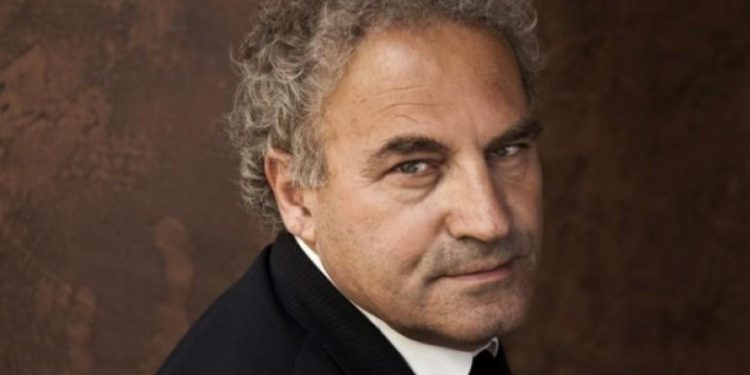
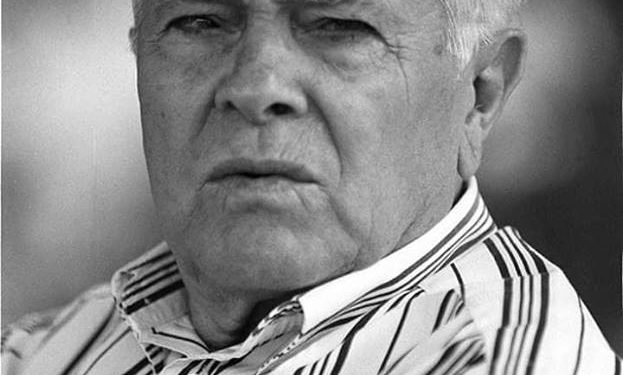
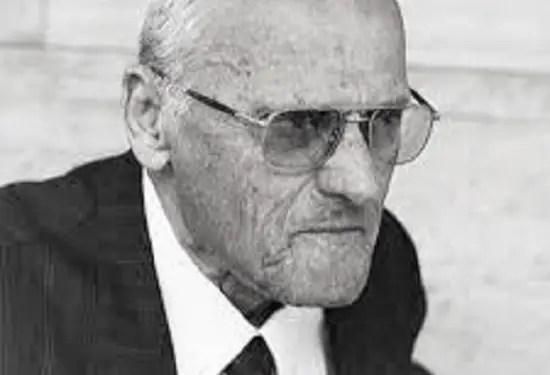
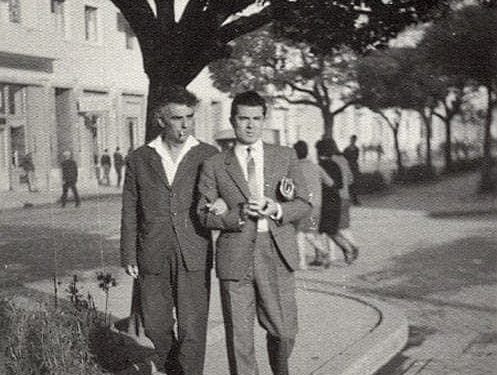
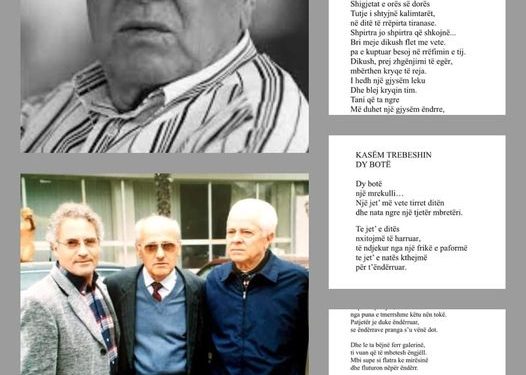
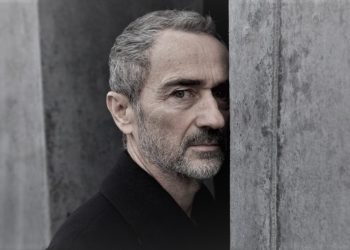
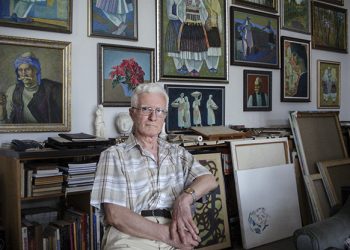
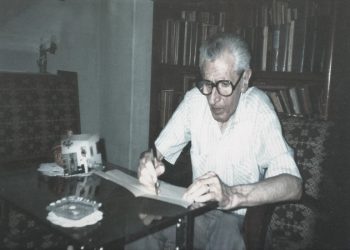
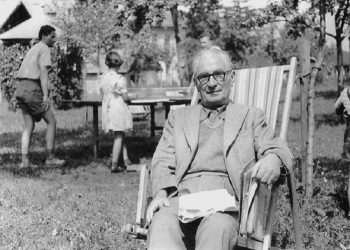

![“Count Durazzo and Mozart discussed this piece, as a few years prior he had attempted to stage it in the Theaters of Vienna; he even [discussed it] with Rousseau…” / The unknown history of the famous Durazzo family.](https://memorie.al/wp-content/uploads/2026/02/collagemozart_Durazzo-2-350x250.jpg)
